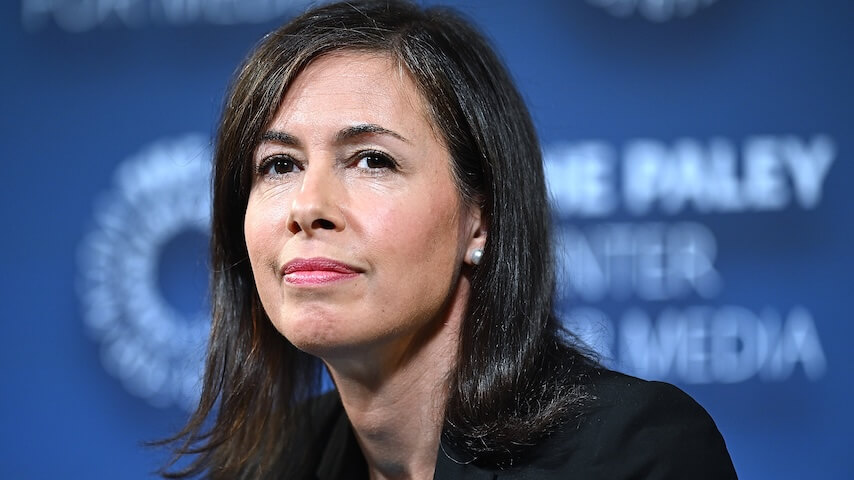TV news doesn't work for the president, declares exiting FCC chair
The FCC is neither "the President’s speech police" nor "journalism’s censor-in-chief," Jessica Rosenworcel said in a statement.
Photo: Steven Ferdman/Getty Images
Outgoing chairwoman of the Federal Communications Commission Jessica Rosenworcel is taking a stand, even if it may ultimately be a futile one. On Thursday, Rosenworcel announced the rejection of several complaints and petitions (three from a conservative group and one from a liberal group) that she says “seek to curtail freedom of the press and undermine the First Amendment.” These decisions could very well be overturned should the groups re-file under President Donald Trump’s administration, but Rosenworcel used her final days in charge “to take a stand on behalf of the First Amendment,” she said in a statement.
Citing various past presidents who clashed with the press, Rosenworcel noted that “More recently this threat to the First Amendment has taken on new forms, as the incoming President has called on the Federal Communications Commission to revoke licenses for broadcast television stations because he disagrees with their content and coverage.” Trump has been picking fights with news organizations for years, and just this week issued a public complaint (or perhaps threat) to Comcast over jokes Seth Meyers made on NBC.
Trump’s incoming FCC chair Brendan Carr has signaled his support for the once-and-future president’s various vendettas. But Rosenworcel took action to “draw a bright line at a moment when clarity about government interference with the free press is needed more than ever,” in order to make clear that the FCC should neither be “the President’s speech police” nor “journalism’s censor-in-chief.” She said in her statement, “It may seem quaint to draw attention like this to broadcast licenses, in an era when so many of us seek out information we want, when we want it, from where we want it, on any screen handy. But these stations remain a vital source of local and national news. And there is nothing antiquated about the idea that the FCC has a duty to respect the Constitution.”
“The facts and legal circumstances in each of these cases are different,” Rosenworcel concluded. (A full rundown of the petitions and their denials can be found here.) “But what they share is that they seek to weaponize the licensing authority of the FCC in a way that is fundamentally at odds with the First Amendment. To do so would set a dangerous precedent. That is why we reject it here.”